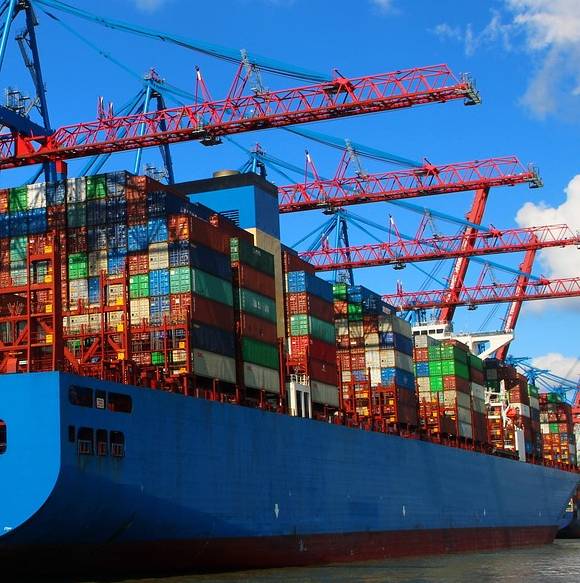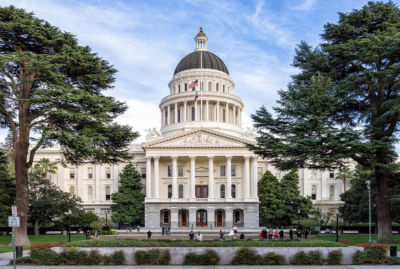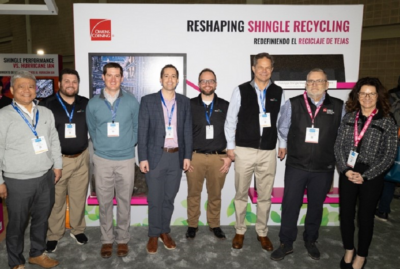Trade and Tariffs: Your Source for the Latest Information
Members Only: Trade information is changing hour by hour. Only ReMA members have access to the most up-to-date information on how these changes impact all businesses involved in the recycled materials industry and across the entire supply chain.


See How America Is Made With Recycled Materials
From high rises to high tech, the work of recycled materials companies is integral to the supply chain, economy and our daily lives. We provide materials for everyday items and essential infrastructure that people depend on.
Our Impact
The Essential role of Recycling

500,000 new jobs are created by the recycling industry
75% of steel is made from recycled materials


Over 70% of cars are made from recycled steel
State-Specific Data

Making a Local Impact
From hospitals and ventilators to everyday essentials, America is made with recycled materials—and our economy is stronger for it. Explore the economic impact of the recycled materials industry on your state.
Who We Are
Meet ReMA
The Recycled Materials Association (ReMA) represents 1,700 recycling companies whose work supports a resilient supply chain and a more secure nation. Based in Washington, DC, we drive advocacy, workforce development and awareness of the critical role of recycled materials. Get to know our members and learn how the world is made with recycled materials.
Voices of rema

ReMA President










